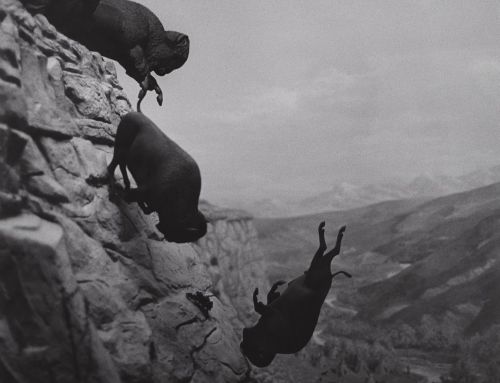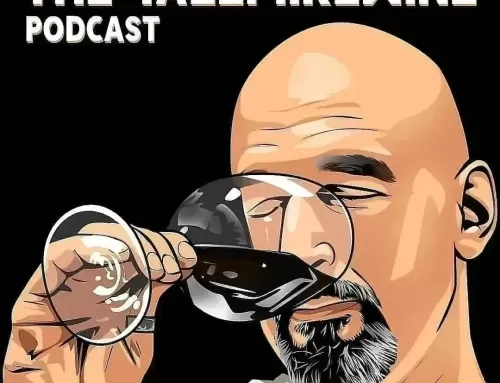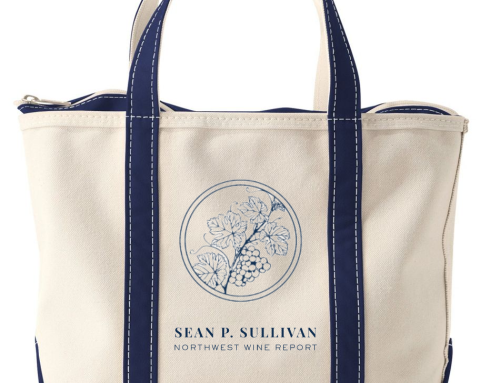This is the third in a four part series about Initiatives 1100 and 1105. In the first part, I gave the initiative titles, how we got here, and a quick summary of the two initiatives. In the second part, I gave a breakdown of Initiative 1100. In today’s post, I breakdown Initiative 1105.
To do so, as with Initiative 1100, let’s work with the ‘brief summary’ of the initiative. Read a more extended summary of 1105 from the Senate here (Note: Opens .pdf) and from the House here (Note: Opens .pdf). Both of these documents are required reading for anyone interested in the subject. Read the complete text here (Note: Opens .pdf).
The brief summary says:
This measure would direct the liquor control board to close all state liquor stores and to license qualified private parties as spirits retailers or distributors. It would require licensees to pay the state a percentage of their first five years of gross spirits sales; repeal certain taxes on retail spirits sales; and direct the board to recommend to the legislature a tax to be paid by spirits distributors. It would revise other laws concerning spirits.
I will address each of these items in turn.
1. Direct the liquor control board to close all state liquor stores
This closes all state run liquor stores by April 1, 2012.
2. License qualified private parties as spirits retailers or distributors
This creates a license for retailers to sell spirits.
3. Requires licensees to pay the state a percentage of their first five years of gross spirits sales
This percentage would be 6% of their gross annual spirits. This money would be deposited into the state general fund.
4. Repeal certain taxes on retail spirits sales
This will be addressed in detail in Part IV of the series.
5. Direct the board to recommend to the legislature a tax to be paid by spirits distributors.
This directs the Liquor Control Board to make a recommendation to the legislature regarding taxation of spirit distributors.
6. It would revise other laws concerning spirits.
As with Initiative 1100, this is where the language gets murky. The revisions in question would:
a) Allow retailers to receive volume discounts on spirits but not beer and wine
b) Create a spirits distributor: This would be a creation of a middle tier in the three-tier system for spirits. A license fee would be applied.
c) Make existing pricing and delivery laws currently applicable to beer and wine manufacturers/distributors be applied to spirits manufacturers/ distributors. This brings spirits in line wine beer and wine.
d) Make spirit distributors pay 1% of their gross annual spirits sales to be deposited into the state fund.
e) Direct the Liquor Control Board to make recommendations regarding taxation to the legislature
There may be other changes proposed in Initiative 1105 as well. These are the ones that I am aware of.
In short, the essence of Initiative 1105 is privatizing the distribution and sale of all liquor. To do so, the bill closes state liquor stores and adds a distribution layer for spirits as well as creates licenses for the sale of spirits.
The interesting part of this bill, to me, is that it makes an allowance for volume discounting of spirits. Volume discounting is not currently allowed for beer or wine, and this initiative makes no provision to allow it. This seems especially curious because in almost all other cases, 1105 just makes the laws for spirits match what they are for beer and wine. The other interesting and significant part of this initiative is the changes in taxation. I will discuss this at length in my subsequent post.
Next up, Part IV: Other Issues to Consider.
Please remember to vote in the reader survey about these two initiatives. This initiative is available from the blog via the sidebars on the right.
Also, as mentioned in the post over the weekend, as part of a subsequent post about Initiatives 1100 and 1105 following the current series, I will be giving the perspective of people at all three of the distribution tiers: wineries, distributors, and retailers. If you are interested in sharing your thoughts, please contact me at [email protected]. This will involve responding by phone or email to a specific set of questions. The responses may be anonymous or attributed, whichever you prefer.
Separately, I plan on collating and listing the names of wineries that have taken positions for or against these initiatives and listing this information on the blog for reference. If you are interested in having your winery’s name listed, please contact me at the email address above and state your position on each of these initiatives (no additional explanation needed).







Leave A Comment